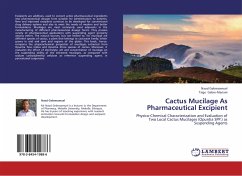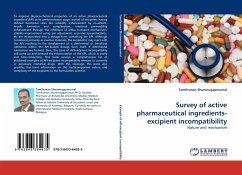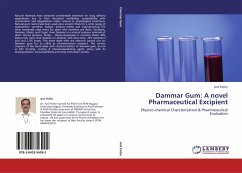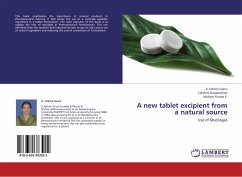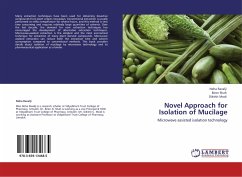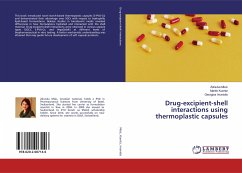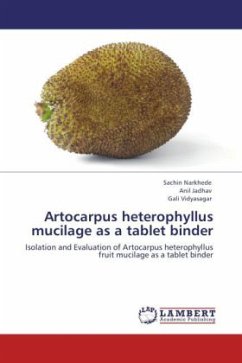Excipients are additives, used to convert active pharmaceutical ingredients into pharmaceutical dosage form suitable for administration to patients. New and improved excipients continue to be developed for conventional drug delivery systems and also to meet the needs of modern and better formulations. Mucilages are most commonly used adjuvants in the manufacturing of different pharmaceutical dosage forms. They possess variety of pharmaceutical applications with suspending agent property among others. The natural sources, but not limited to, for mucilage are different species of cactus, a plant that belongs to cactaceae family, which grows in arid and semi arid regions of the globe. This book, hence, compares the physicochemical properties of mucilages extracted from Opuntia ficus indica and Opuntia Strica species of cactus. Moreover, it evaluates the effect of electrolyte, pH and concentration of mucilage on the suspending ability of the extracted mucilages, as compared with sodium carboxylmethyl cellulose as reference suspending agent, in paracetamol suspension.
Bitte wählen Sie Ihr Anliegen aus.
Rechnungen
Retourenschein anfordern
Bestellstatus
Storno

